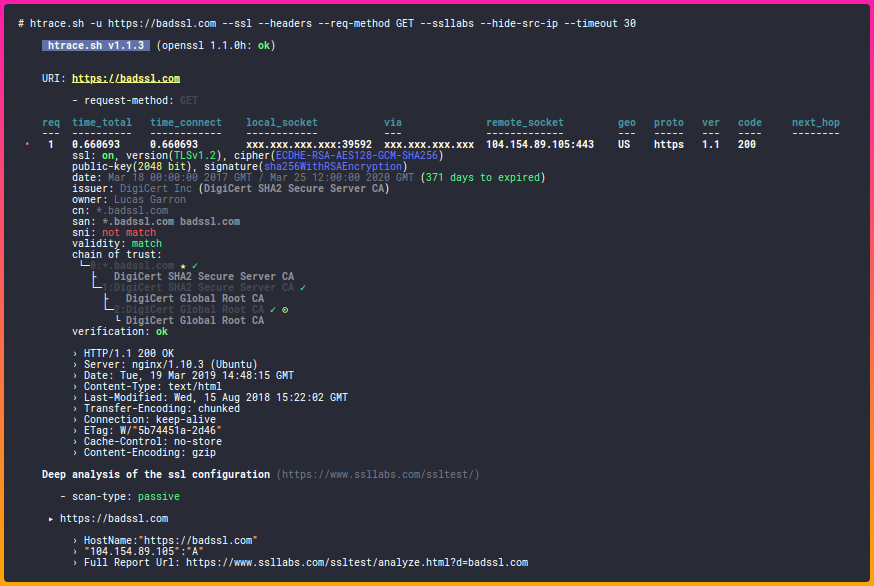More and more often I come across a scenario where I need to repeat the shell command until it succeeds. Here are a couple of examples:
- Reboot a server. Try to remotely login to it via ssh. This fails until the server actually boots up. Keep trying until connected.
- Start an application that writes to the log file. Run “tail -f some.log” to watch the log messages. This fails if the log file does not exist yet. Keep trying until the application creates the log file and writes something into it.
Sure, I can always press the up arrow key and Enter, to repeat the last command from the history. But it is a tiny bit annoying.
Today I came across this little trick, that solves the problem. Add the following function to your .bashrc:
rpt() {
CMD=$(fc -ln | tail -n 2 | head -n 1)
echo "repeating until success: $CMD"
until $CMD
do
sleep 1
done
}
Now you can run “rpt” to repeat the latest command until it succeeds.
Handy!
